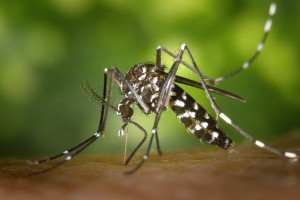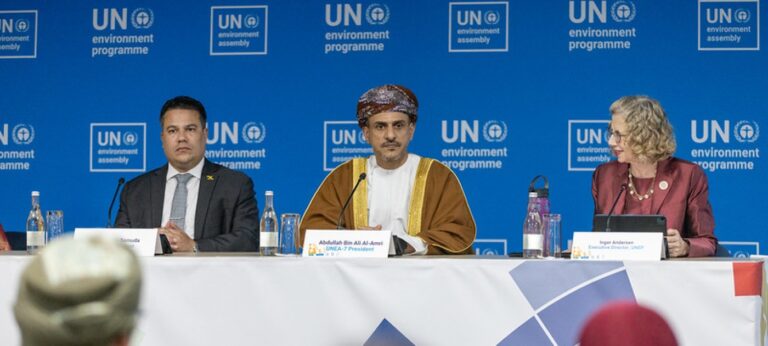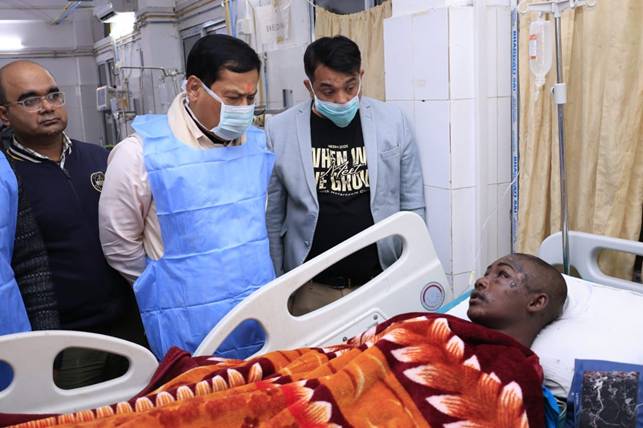
New Delhi: Following a case of Zika reported in Pune district recently, Union Ministry of Health and Family Welfare has rushed a multidisciplinary team to Maharahstra to monitor the Zika virus situation and support the State government in management of Zika cases.
The three member Central team consists of a public health expert from the office of Regional Director, Pune; a gynecologist from Lady Hardinge Medical College, New Delhi; and an entomologist from National Institute of Malaria Research (NIMR), Indian Council of Medical Research (ICMR), New Delhi.
The team shall work closely with the State Health Department, take a stock of the situation on ground and assess whether the Union Health Ministry’s Action Plan for Zika Management is being implemented, and recommend necessary public health interventions for management of Zika in the state.
According to the World Health Organization (WHO), there is no treatment available for Zika virus infection or its associated diseases. Symptoms of Zika virus infection are usually mild. People with symptoms such as fever, rash, or arthralgia should get plenty of rest, drink fluids, and treat pain and fever with common medicines. If symptoms worsen, they should seek medical care and advice. Pregnant women living in areas with Zika transmission or who develop symptoms of Zika virus infection should seek medical attention for laboratory testing and other clinical care.
Key facts about Zica Virus
- Zika virus disease is caused by a virus transmitted primarily by Aedes mosquitoes, which bite during the day. Aedes mosquitoes breed in small collections of water around homes, schools, and work sites.
- Symptoms are generally mild and include fever, rash, conjunctivitis, muscle and joint pain, malaise or headache. Symptoms typically last for 2–7 days. Most people with Zika virus infection do not develop symptoms.
- Zika virus infection during pregnancy can cause infants to be born with microcephaly and other congenital malformations, known as congenital Zika syndrome. Infection with Zika virus is also associated with other complications of pregnancy including preterm birth and miscarriage.
- An increased risk of neurologic complications is associated with Zika virus infection in adults and children, including Guillain-Barré syndrome, neuropathy and myelitis.
– global bihari bureau





